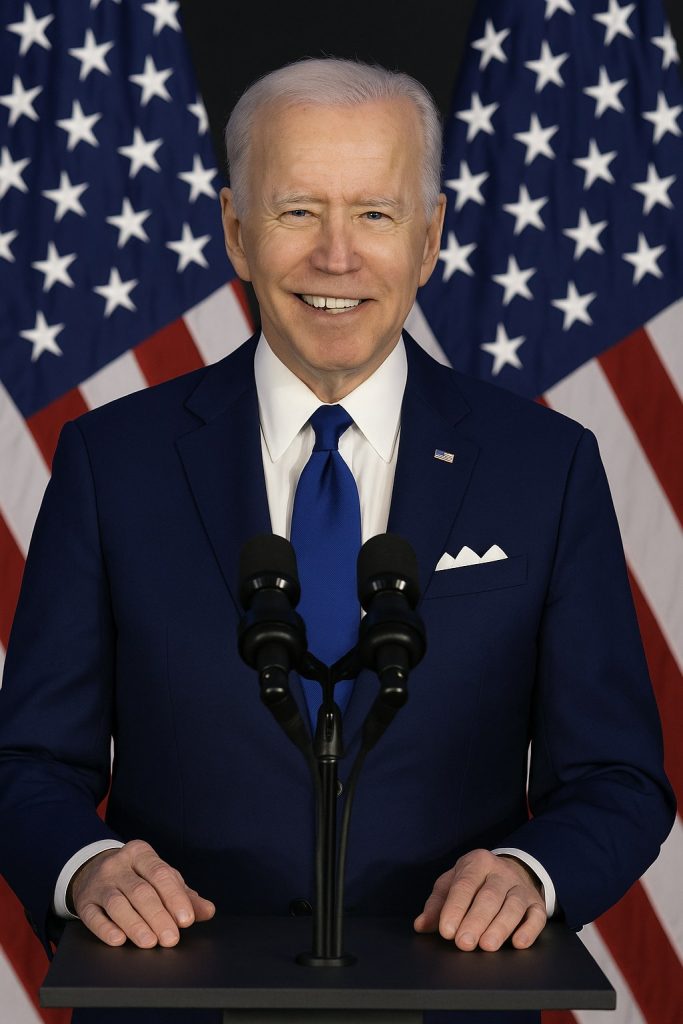Top officials within the Biden administration have reportedly expressed strong concerns about the way the previous president’s team handled the issuance of pardons during their final days in office. Central to these critiques is the use of an autopen device to sign pardons—an approach that has sparked debate and scrutiny over the legitimacy and propriety of executive clemency procedures.
According to a recent report, senior Biden administration figures questioned both the timing and procedures involved in the mass pardons granted by the former president. The autopen, a machine capable of replicating signatures, was employed extensively to authorize pardons remotely, raising eyebrows over whether this method aligns with established presidential traditions and legal norms.
Officials noted that the use of the autopen in such a significant process sets a concerning precedent, potentially undermining the gravitas expected in exercising presidential pardon power. Historically, pardons have been personally signed by presidents, underscoring their weight and finality. The mechanical signing contravenes this tradition, and critics within the current administration argue it dilutes accountability and transparency.
The controversy intensified as it became public that a substantial number of last-minute pardons and commutations were finalized using the autopen. While federal rules do not explicitly prohibit the use of such devices for signing presidential documents, the unprecedented scale of this practice in the context of pardons drew harsh criticism. Biden officials reportedly view this as a maneuver that allowed the former president’s team to expedite clemency without direct personal endorsement on each document.
Beyond the procedural concerns, the content of many of these pardons also factored into the Biden administration’s unease. Some pardons favored politically connected individuals and others whose cases had drawn widespread controversy. Current officials suggested that the process lacked adequate vetting and seemed rushed, heightening worries about potential abuse of the pardon power.
Legal experts emphasize that while presidents enjoy broad discretion in issuing pardons, the manner in which pardons are delivered can affect public trust in the executive branch. The use of technology like the autopen, particularly when leveraged en masse and quietly, can foster perceptions of impunity and diminish the solemnity of clemency as a safeguard of justice.
The Biden administration’s internal critiques underscore a broader debate about executive authority and transparency. While the outgoing president’s team defended their approach by citing logistical efficiency and legal sufficiency, the current administration’s skepticism signals potential calls for establishing clearer guidelines or reforms in how presidential pardons are processed and authenticated.
As the conversation unfolds, questions linger about the balance between innovation in governmental processes and maintaining the dignity and integrity of presidential power. The spotlight on the autopen controversy may prompt Congress or future administrations to reevaluate the protocols for executive clemency to ensure they reflect both constitutional prerogatives and public confidence.
In the meantime, the Biden administration’s criticism reveals the complexities inherent in presidential transitions and the enduring significance of pardons as a pivotal, yet sensitive, facet of American democracy.



